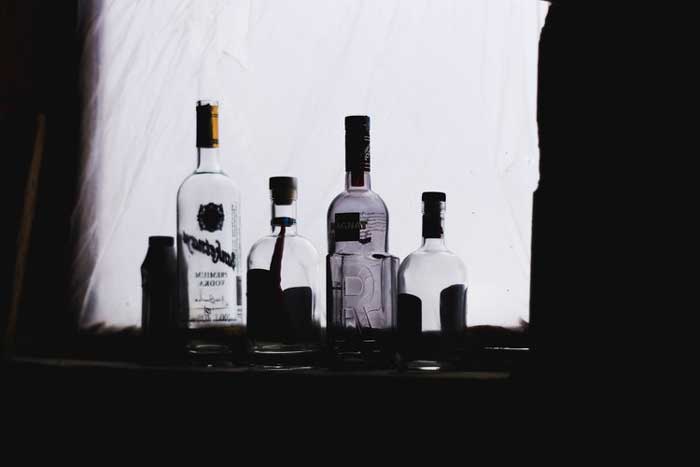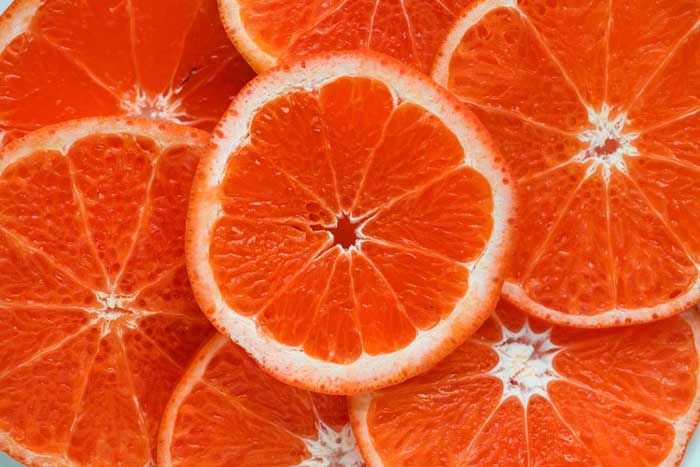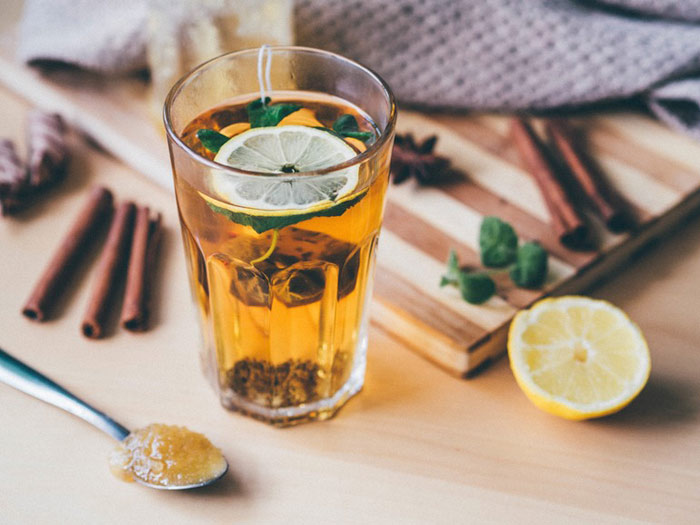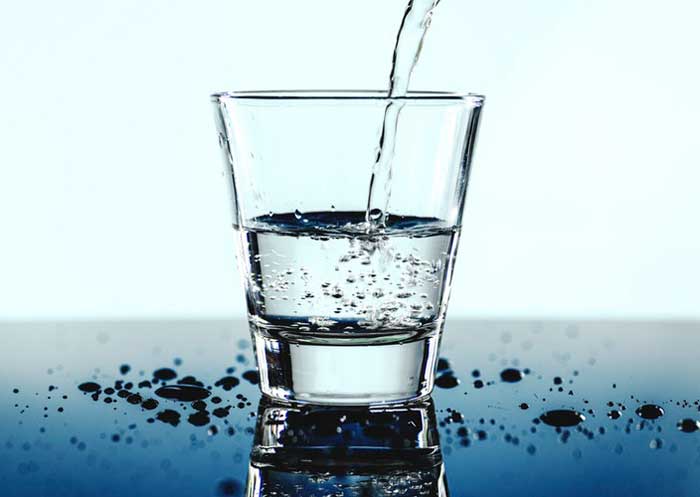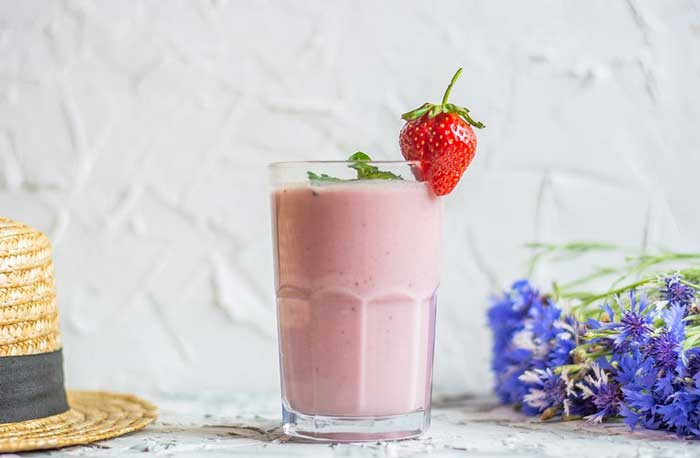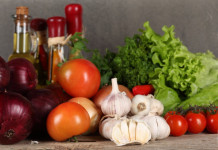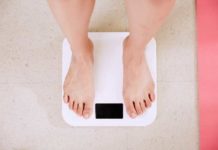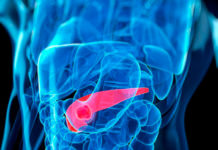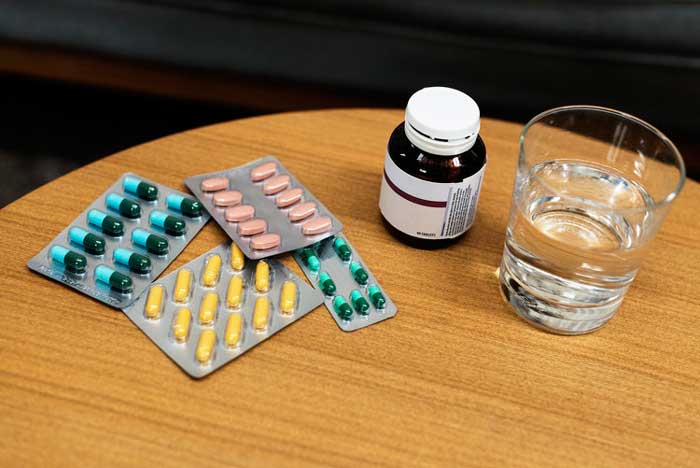 Does it make any difference what you choose to wash down your medication with? It turns out to be a very important issue.
Does it make any difference what you choose to wash down your medication with? It turns out to be a very important issue.
We decided to prepare a shortlist of the drinks, which should never be used to wash down medicines.
Alcohol
The products of processing ethyl alcohol affect many organs, the liver above all. It becomes defenseless before the molecules of medications, which bring no harm under normal circumstances. The liver may fail to cope with processing the medicine. Besides, the effect of this medicine may be stronger or longer than the doctor expected, making the most unpleasant consequences possible, such as more pronounced blood thinning. This may lead to internal bleeding and stroke. In addition, alcohol increases acidity in the stomach, increasing the risk of ulcers and processing medicines earlier than planned.
Grapefruit juice
If we calculate how many children were born because women took grapefruit juice to wash down a contraceptive pill, this will turn out to be a very treacherous combination. Grapefruit and other citrus juices block enzyme CYP3A4, which is responsible for absorbing medications in the stomach and the intestines. In addition to contraceptives, this applies to antihistamines, anticonvulsants, painkillers, drugs to reduce cholesterol and antidepressants. Therefore, it is better not to drink these juices with any drugs. It is also not recommended to drink grapefruit juice during any long-term therapy, for example, with anticoagulants (drugs for blood dilution).
Tea
Tea contains a chemical substance called tannin, which can prove an undesirable neighbor for some drugs. It can bind iron and some other trace elements, so you should not drink it to wash down vitamin and mineral complexes or medicines treating iron-deficiency anemia. Also, cardiac glycosides and euphyllin tannins crystallize and produce residue under the influence of tannin, and some drugs prescribed for the nervous system pathology become less effective. In general, tea must not be drunk with pills.
Coffee
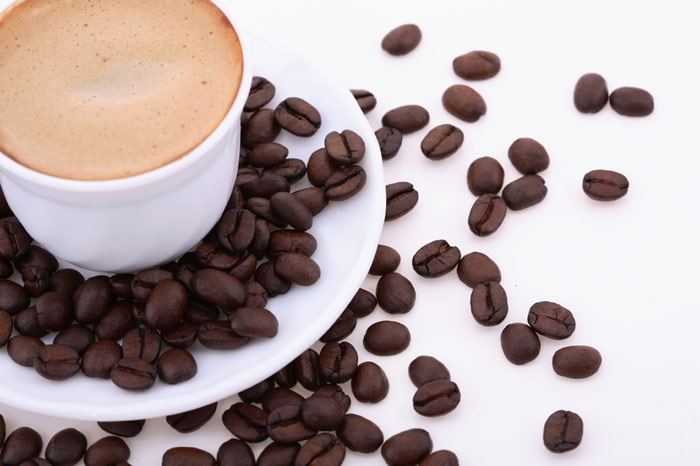
The effect of coffee on medicines resembles that of tea, but apart from tannin, it contains caffeine, which has an exciting effect. Therefore, it makes no sense to wash down sedatives or medications that reduce blood pressure and the heart rhythm with coffee. The drugs will try to stabilize in vain what coffee has boosted. The drink also increases stomach acidity. Therefore, if you use it to wash down medicines that dilute blood (aspirin, etc.), you run the risk of provoking mucosal damage, the appearance of erosion and even gastric bleeding. For the same reason, it is useless and dangerous to wash down medicines that reduce the acidity of the stomach and the agents for treating peptic ulcer with coffee.
The best drink to wash down a pill is water. Plain, non-carbonated, boiled and at room temperature. From 50 to 100 milliliters per one pill.
Milk
The ions of calcium, magnesium, and iron contained in milk are able to bind with the molecules of various antibiotics, reducing their effectiveness significantly. Milk is not recommended to wash down enzyme medicines, aimed at improving digestion and treating chronic pancreatitis. The treatment of dysbacteriosis with predominant lactobacilli together with the intake of milk is also completely useless because milk brings additional numbers of lactic acid in the intestines.
Soda
Carbonated drinks contain too much sugar and carbon dioxide, so it is positive madness to wash down medications aimed at reducing the sugar level with them. Most other medicines should not be taken with sweet fizzy drinks. Sugar and gas cause fermentation in the stomach and bubbles form a kind of gas barrier that prevents absorption. At the same time, part of molecules trapped inside the gas bubbles can be absorbed too quickly (remember how quickly you feel that “glass of champagne” in your head). All of this makes the effects of medications unpredictable.
Mineral water
Alkaline environment reduces the acidity of gastric juice and leads to a delayed splitting of drugs. As a result, medicine absorption slows down, and part of the drug may leave the stomach unsplit, which will lead to a decrease in its effectiveness.
Kissel and other thick drinks
Kissel has a viscous consistency. It envelops the mucous membrane and protects it from the corrosive effects of gastric juices and any rough, spicy food. But this can have a bad effect if it comes to medicines. They seem to be drowning in a viscous substance, poorly interacting with the hydrochloric acid. As a result, some part of the drug may remain unsplit and unable to fully enter the bloodstream.

